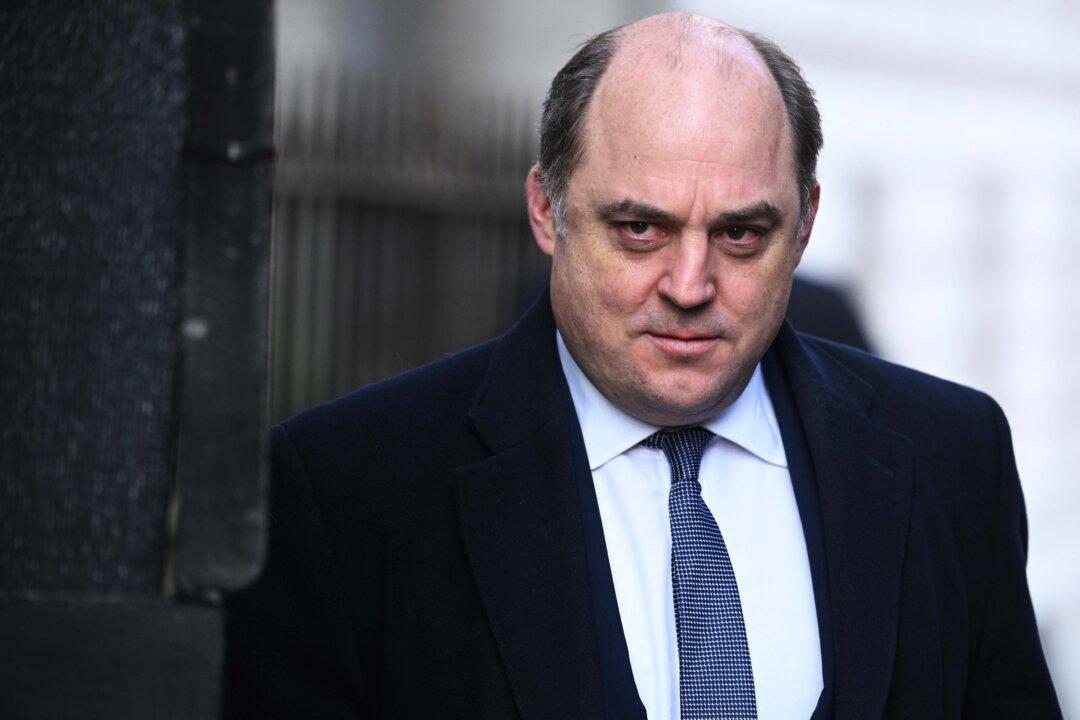Britain has said it will supply the Ukrainian armed forces with long-range artillery and armoured vehicles, as international allies agree to send more military aid to help the country resist the Russian invasion.
After a conference call with defence ministers from over 35 nations, including the United States, New Zealand, South Korea, and Japan, UK Defence Secretary Ben Wallace said, “there will be more lethal aid going into Ukraine.”





